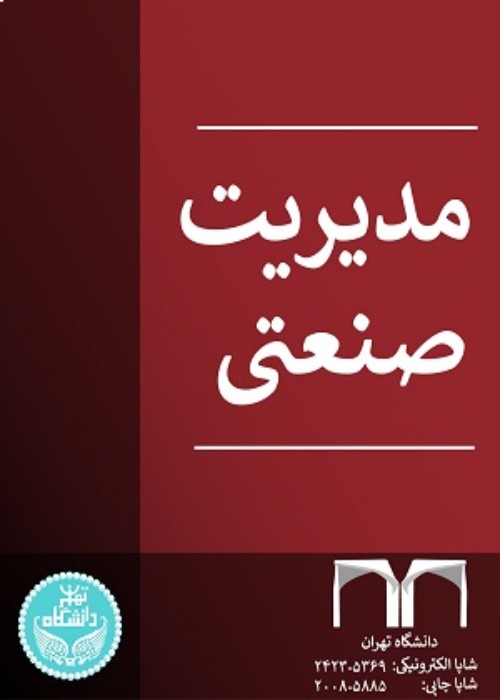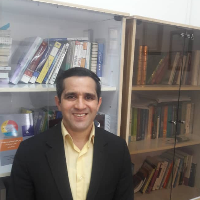Designing a Humanitarian Supply Chain Coordination Model for Housing Reconstruction after Floods: An Agent-Based Simulation
This study aimed to simulate a humanitarian supply chain coordination model to reconstruct houses of flood victims under inflationary and non-inflationary conditions.
A village in the Northern Iranian Province of Mazandaran with 160 households was studied. 60% of the village was ruined due to the floods that inundated the region in 2019. An agent-based simulation was used in this applied research. To achieve the research goal, the factors (actors) of the humanitarian supply chain for housing reconstruction in the flood disaster were identified. The housing reconstruction factors in the flood humanitarian supply chain were then determined. The relationship between the actors of the humanitarian supply chain to coordinate the reconstruction of housing in the flood disaster was identified. Finally, a model of factor behaviors for coordinating housing reconstruction in the flood humanitarian supply chain was presented. Considering the use of the factor-based simulation method to answer research questions, this was an analytical-descriptive study. It was causal in terms of the purpose of applied research. In terms of the data collection method, since it sought to identify factors and the relationship between them, it was a comparison. Also, according to Walker's classification, this research was an analytical-mathematical one.
Three agents of the government, celebrity donors, and flood victims (with damaged houses) were identified. Then, two scenarios of receiving government aid or only aid from celebrity donors under inflationary and non-inflationary conditions were considered. The agents' internal relationships, characteristics, behaviors, and decisions were also simulated using agent-based modeling. Finally, through interviews, the indicators of coordination in the reconstruction of flood-affected housing were identified, and coordination in each of the scenarios was evaluated.
As proved, in the receiving donor's financial aids scenario, the humanitarian supply chain coordination score was higher among the agents. Also, the houses reconstructed under non-inflationary conditions were higher in both scenarios.
- حق عضویت دریافتی صرف حمایت از نشریات عضو و نگهداری، تکمیل و توسعه مگیران میشود.
- پرداخت حق اشتراک و دانلود مقالات اجازه بازنشر آن در سایر رسانههای چاپی و دیجیتال را به کاربر نمیدهد.



